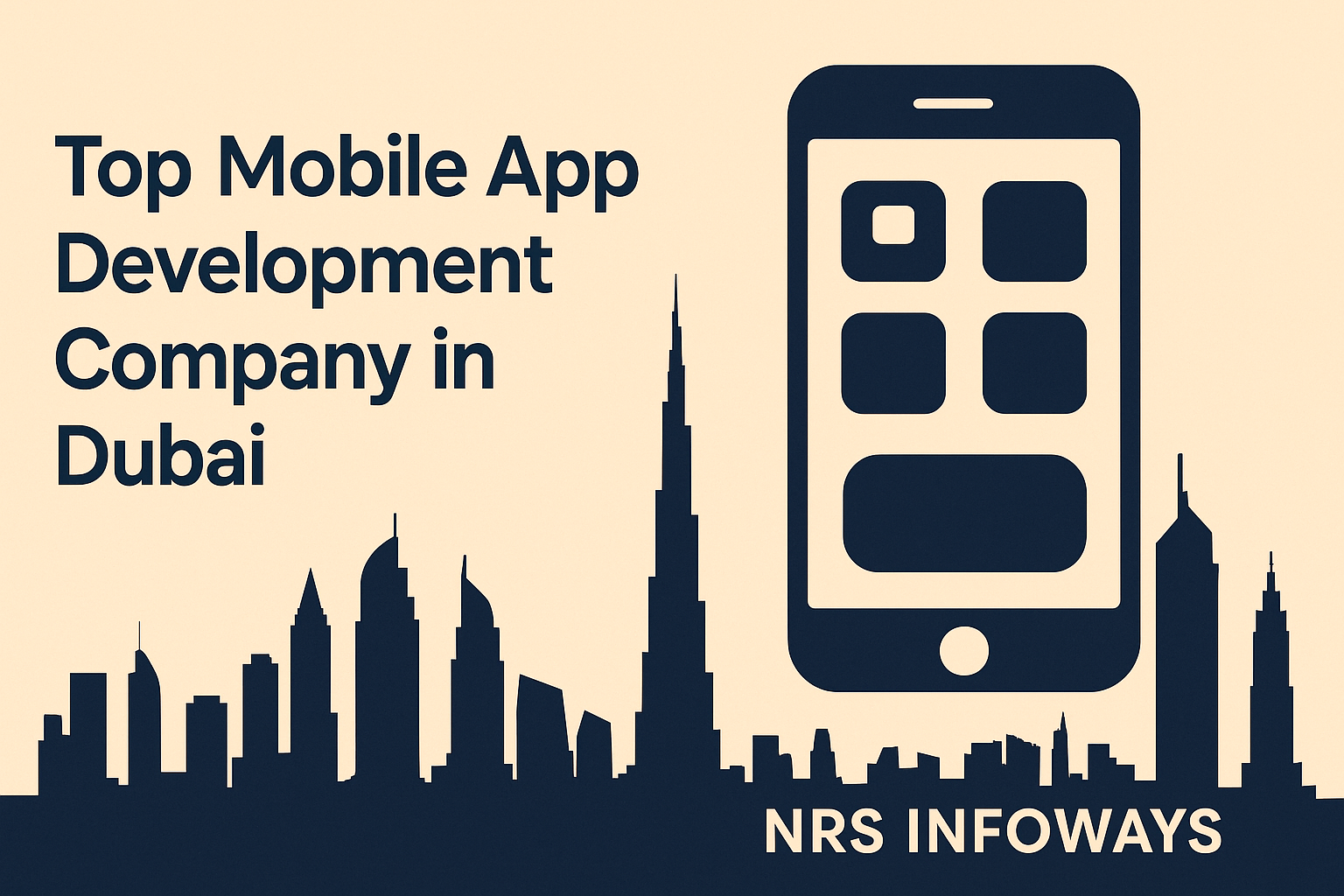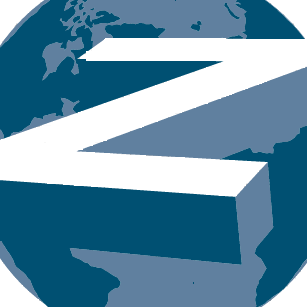Government Initiatives and Investments Fuel Expansion of India's Pharmaceutical Industry
A range of proactive government initiatives and strategic investments are playing a pivotal role in fueling the significant expansion of India's pharmaceutical industry. Recognizing the sector's importance to both domestic healthcare and the national economy, the Indian government has implemented various policies and schemes aimed at promoting manufacturing, research and development, and overall growth within the pharmaceutical landscape.
https://www.marketresearchfuture.com/reports/india-pharmaceuticals-industry-21803
One of the key government initiatives driving the expansion is the Production Linked Incentive (PLI) scheme for the pharmaceutical sector. This scheme provides financial incentives to manufacturers based on their incremental sales, encouraging increased domestic production of key starting materials (KSMs), drug intermediates, active pharmaceutical ingredients (APIs), and finished formulations. By incentivizing local manufacturing, the PLI scheme aims to reduce India's dependence on imports for critical drug components and enhance the industry's self-sufficiency, thereby fueling its expansion.
The establishment of bulk drug parks across the country is another significant government initiative aimed at boosting the pharmaceutical industry. These parks provide common infrastructure and facilities for API manufacturing, reducing production costs and enhancing the competitiveness of domestic manufacturers. By creating these dedicated zones, the government is attracting investment and fostering a conducive ecosystem for pharmaceutical production and growth.
Furthermore, the government is actively promoting research and development (R&D) within the pharmaceutical sector through various incentives and support mechanisms. Schemes aimed at encouraging innovation and the development of new drugs, including biosimilars and novel chemical entities, are helping to move the Indian pharmaceutical industry up the value chain and enhance its global competitiveness. Investments in R&D infrastructure and collaborations between academia and industry are being fostered to drive innovation-led growth.
Efforts to streamline regulatory processes and ensure a conducive business environment are also contributing to the expansion of the pharmaceutical industry. The government is working to simplify approval processes, reduce compliance burdens, and create a more investor-friendly landscape, attracting both domestic and foreign investment into the sector.
Investments in infrastructure, including transportation networks and logistics facilities, are also indirectly supporting the growth of the pharmaceutical industry by ensuring the efficient movement of raw materials and finished products. Improved connectivity and logistics are crucial for enhancing the competitiveness of Indian pharmaceutical manufacturers in both domestic and international markets.
Moreover, government policies aimed at promoting affordable healthcare and increasing access to medicines within the country are also driving demand and thus fueling the expansion of the pharmaceutical industry. Initiatives such as the Pradhan Mantri Bhartiya Janaushadhi Pariyojana (PMBJP), which aims to provide quality generic medicines at affordable prices through dedicated outlets, are increasing the consumption of pharmaceutical products and supporting the growth of domestic manufacturers.
In conclusion, a concerted effort by the Indian government through various initiatives and strategic investments in manufacturing incentives, infrastructure development, research and development promotion, regulatory streamlining, and enhanced healthcare access is significantly fueling the expansion of India's pharmaceutical industry, solidifying its position as a global leader in the sector.
A range of proactive government initiatives and strategic investments are playing a pivotal role in fueling the significant expansion of India's pharmaceutical industry. Recognizing the sector's importance to both domestic healthcare and the national economy, the Indian government has implemented various policies and schemes aimed at promoting manufacturing, research and development, and overall growth within the pharmaceutical landscape.
https://www.marketresearchfuture.com/reports/india-pharmaceuticals-industry-21803
One of the key government initiatives driving the expansion is the Production Linked Incentive (PLI) scheme for the pharmaceutical sector. This scheme provides financial incentives to manufacturers based on their incremental sales, encouraging increased domestic production of key starting materials (KSMs), drug intermediates, active pharmaceutical ingredients (APIs), and finished formulations. By incentivizing local manufacturing, the PLI scheme aims to reduce India's dependence on imports for critical drug components and enhance the industry's self-sufficiency, thereby fueling its expansion.
The establishment of bulk drug parks across the country is another significant government initiative aimed at boosting the pharmaceutical industry. These parks provide common infrastructure and facilities for API manufacturing, reducing production costs and enhancing the competitiveness of domestic manufacturers. By creating these dedicated zones, the government is attracting investment and fostering a conducive ecosystem for pharmaceutical production and growth.
Furthermore, the government is actively promoting research and development (R&D) within the pharmaceutical sector through various incentives and support mechanisms. Schemes aimed at encouraging innovation and the development of new drugs, including biosimilars and novel chemical entities, are helping to move the Indian pharmaceutical industry up the value chain and enhance its global competitiveness. Investments in R&D infrastructure and collaborations between academia and industry are being fostered to drive innovation-led growth.
Efforts to streamline regulatory processes and ensure a conducive business environment are also contributing to the expansion of the pharmaceutical industry. The government is working to simplify approval processes, reduce compliance burdens, and create a more investor-friendly landscape, attracting both domestic and foreign investment into the sector.
Investments in infrastructure, including transportation networks and logistics facilities, are also indirectly supporting the growth of the pharmaceutical industry by ensuring the efficient movement of raw materials and finished products. Improved connectivity and logistics are crucial for enhancing the competitiveness of Indian pharmaceutical manufacturers in both domestic and international markets.
Moreover, government policies aimed at promoting affordable healthcare and increasing access to medicines within the country are also driving demand and thus fueling the expansion of the pharmaceutical industry. Initiatives such as the Pradhan Mantri Bhartiya Janaushadhi Pariyojana (PMBJP), which aims to provide quality generic medicines at affordable prices through dedicated outlets, are increasing the consumption of pharmaceutical products and supporting the growth of domestic manufacturers.
In conclusion, a concerted effort by the Indian government through various initiatives and strategic investments in manufacturing incentives, infrastructure development, research and development promotion, regulatory streamlining, and enhanced healthcare access is significantly fueling the expansion of India's pharmaceutical industry, solidifying its position as a global leader in the sector.
Government Initiatives and Investments Fuel Expansion of India's Pharmaceutical Industry
A range of proactive government initiatives and strategic investments are playing a pivotal role in fueling the significant expansion of India's pharmaceutical industry. Recognizing the sector's importance to both domestic healthcare and the national economy, the Indian government has implemented various policies and schemes aimed at promoting manufacturing, research and development, and overall growth within the pharmaceutical landscape.
https://www.marketresearchfuture.com/reports/india-pharmaceuticals-industry-21803
One of the key government initiatives driving the expansion is the Production Linked Incentive (PLI) scheme for the pharmaceutical sector. This scheme provides financial incentives to manufacturers based on their incremental sales, encouraging increased domestic production of key starting materials (KSMs), drug intermediates, active pharmaceutical ingredients (APIs), and finished formulations. By incentivizing local manufacturing, the PLI scheme aims to reduce India's dependence on imports for critical drug components and enhance the industry's self-sufficiency, thereby fueling its expansion.
The establishment of bulk drug parks across the country is another significant government initiative aimed at boosting the pharmaceutical industry. These parks provide common infrastructure and facilities for API manufacturing, reducing production costs and enhancing the competitiveness of domestic manufacturers. By creating these dedicated zones, the government is attracting investment and fostering a conducive ecosystem for pharmaceutical production and growth.
Furthermore, the government is actively promoting research and development (R&D) within the pharmaceutical sector through various incentives and support mechanisms. Schemes aimed at encouraging innovation and the development of new drugs, including biosimilars and novel chemical entities, are helping to move the Indian pharmaceutical industry up the value chain and enhance its global competitiveness. Investments in R&D infrastructure and collaborations between academia and industry are being fostered to drive innovation-led growth.
Efforts to streamline regulatory processes and ensure a conducive business environment are also contributing to the expansion of the pharmaceutical industry. The government is working to simplify approval processes, reduce compliance burdens, and create a more investor-friendly landscape, attracting both domestic and foreign investment into the sector.
Investments in infrastructure, including transportation networks and logistics facilities, are also indirectly supporting the growth of the pharmaceutical industry by ensuring the efficient movement of raw materials and finished products. Improved connectivity and logistics are crucial for enhancing the competitiveness of Indian pharmaceutical manufacturers in both domestic and international markets.
Moreover, government policies aimed at promoting affordable healthcare and increasing access to medicines within the country are also driving demand and thus fueling the expansion of the pharmaceutical industry. Initiatives such as the Pradhan Mantri Bhartiya Janaushadhi Pariyojana (PMBJP), which aims to provide quality generic medicines at affordable prices through dedicated outlets, are increasing the consumption of pharmaceutical products and supporting the growth of domestic manufacturers.
In conclusion, a concerted effort by the Indian government through various initiatives and strategic investments in manufacturing incentives, infrastructure development, research and development promotion, regulatory streamlining, and enhanced healthcare access is significantly fueling the expansion of India's pharmaceutical industry, solidifying its position as a global leader in the sector.
0 Comments
0 Shares


